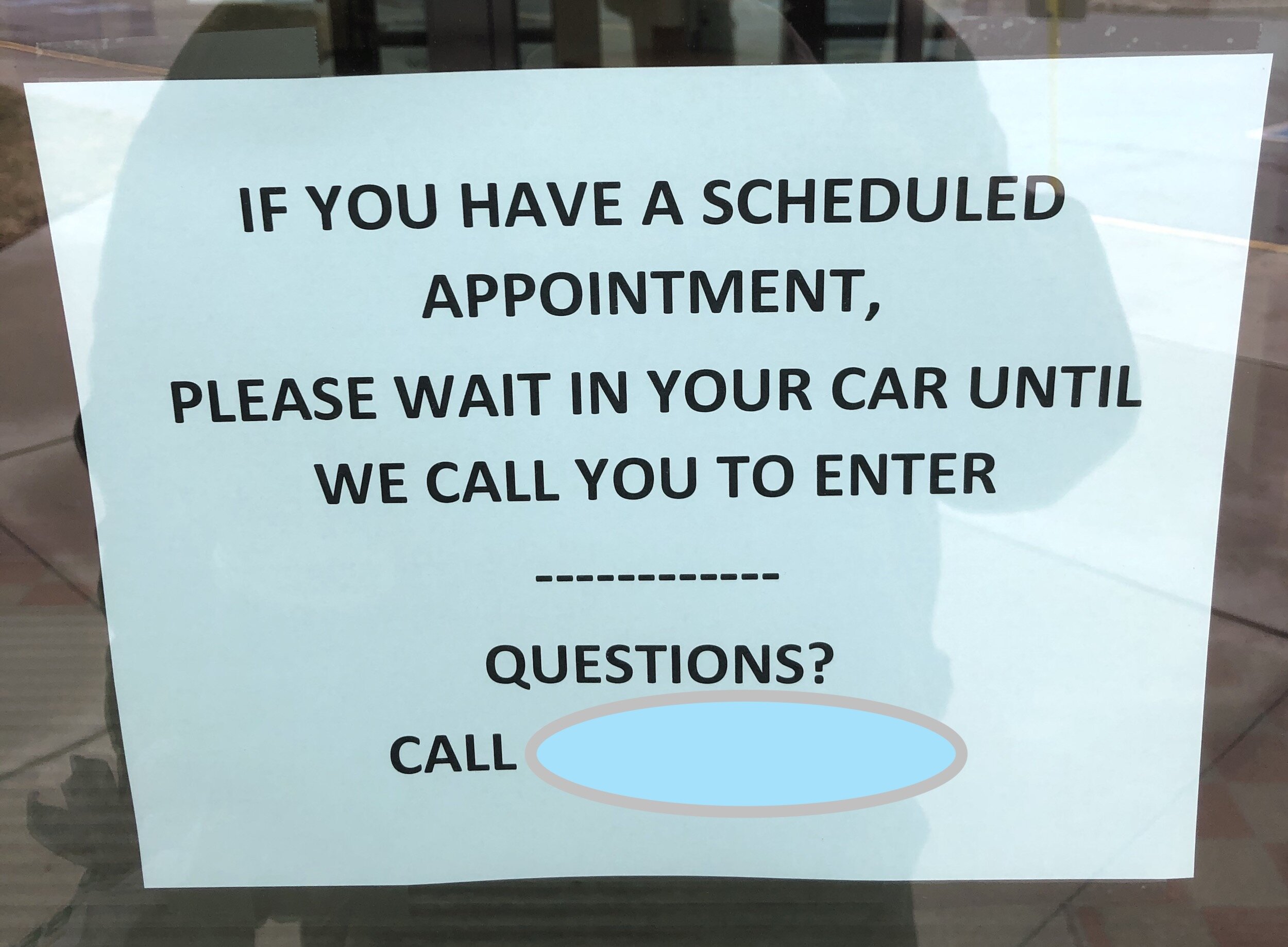Image: villagehat.com
In the BBC hit series, Sherlock, the protagonist, Mr. Sherlock Holmes, characteristically known by his unusual double-billed hat called a “deerstalker,” given to him by his faithful Dr. Watson, describes himself as a “consulting detective.” Further, he also describes his nemesis, James Moriarty, in similar fashion, as a “consulting criminal.” This description, of an external expert as consultant, is something we need. In the profession of mental health, we need more “consulting experts” and fewer “normal therapists.” Consulting experts . . . ready to use their knowledge and skills to assist in all kinds of venues. Medical, legal, business, government, education. Here’s why.
I’ve been a professional therapist for over 35 years. I don’t consider my journey within the profession to be that remarkable or different from the “average” or “normal” therapist. Where it has been different, has been in the things I have done outside the “normal” parameters. In working with manufacturing companies, with family-businesses, non-profit organizations, and others.
Being a “normal therapist” myself, I’ve also supervised, administered, trained, and taught hundreds of other normal therapists over the years, and . . .
Let me be blunt . . . there are a lot of things about being “normal” that, over time, will drastically increase the risk—the risk of practicing in a manner that will undermine the therapist’s life and career. Over time, doing significant damage if not understood, addressed, and overcome.
What do I mean? Well, let me tell you. I mean that I have cringed as I have heard too many therapists, often nearing the end of their careers, that don’t have good retirement savings, do not take off quality time from their practices (some skip vacations and have not had a quality vacations for years), are not in a position to financially help their children or families and who are burned out, tired, and, sometimes, defeated by the very career they chose to support and sustain them and their families.
From a business/career stand point, the normal therapist is often their own worst problem. Let me lay it out for you . . .
Nine signs of the normal therapist:
Believes that working for an organization is safer than working for themselves. Ah the benefits! Salary, insurance, paid time off, training budget . . . there are several aspects of working for an organization that appear to make it the safe choice. But is it? It feels like it until the the layoffs, down-sizing, closings happen. Most businesses, even Fortune 500 firms, don’t last more than about a couple generations. It’s just not as safe as you think.
Thinks that the most reliable way to get paid is to be dependent upon insurance reimbursements. I hear many talking about wanting to get away from insurance but most, even the experienced, see insurance as a reliable source of revenue. Okay, sure, it is. But, organizations—who provide coverage for your clients— change insurance providers. Reimbursement rates are dropped. Getting paneled becomes more limited. You either spend time chasing the payments or pay someone to chase them for you. Is this really the most reliable form of income? For me, the answer is, “No!” Contracts, several that have laster more tan 12 years in my case are far more reliable. Negotiated rates with organizations that appreciate the value you offer is far different than the insurance panels trying to minimize costs.
Worries that peers, or others, may think they are driven by a desire for money. Occasionally I wonder if the worst thing you could say to a “helping professional” is that they seem to be “interested in being financially successful.” Most deny this by quickly pointing to other priorities for their work. But, just because it is not their primary goal, does it mean that they don’t want to be financially successful. In most cases, “No.” However, they are uncomfortable acknowledging this. They constantly make sure that peers know, and will not judge them, by downplaying and insisting their focus is not on money.
Are willing to trade time for vague benefits. They are wooed by vague benefits to their own career and live based on hopes reaping “marketing benefits,” unplanned “giving back” to the community or profession, and “just a good experience. They accepting being on call, providing free phone support, writing letters, and other tasks without much, if any, benefit to their business. I’m not suggesting that none of these things should happen—circumstance dependent, any and all of these may be appropriate or necessary; my point is, that the normal therapist simply does this, and accepts doing it, because it has been the standard practice historically.
Makes excuses about the unsavory elements of their career rather than working to change them. Long term complaints about hating paperwork, insurance, no shows, without taking assertive steps to remove those things from their business life. Most will simply accept these things as part of the profession rather than re-examining their utility in today’s environment or seek other forms of practice that minimize or eliminate some of these elements.
Constantly seeks to reassure themselves that they are competent. I hate to say it, but a majority of normal therapists have a lot of self-doubt. Just like the college student taking Psych 101 and wondering if the symptoms described in class men that they have a certain diagnosis, therapists, perhaps due to the personal intensity of their studies or primal interest, often give marquee attention to their weaknesses or deficits rather than their strengths. Few feel confident that they “know enough” or are an “expert” beyond a narrow and specifically trained knowledge base and skill-set. Yet, in truth, their life-experiences, knowledge, and training make their utility much more broad then they imagine.
Doesn’t take risks, even small ones, that could provide significant improvements in their career. You’ve probably heard the old joke, “How many therapists does it take to change a light bulb?*” How about the correlary, “How many therapists . . . will change.” Therapists tend to play it safe. Leaps of faith for the sake of their career are rare. This includes wisely spending money to increase the likelihood of progressing in their careers. So, they go to mediocre trainings, don’t pay for supervision to gain expertise, do not spend money to learn new processes or products that could make their practice stand out and separate them from other providers.
Follows the rules. While their are pioneers in our field, out there breaking new ground, as a group, therapists are prone to follow the “tried and true” of that the profession has dictated health care “is.” There are few “disrupters” or “contrarians” as a rule in the group and thus not much innovation. Tendencies run more toward “am I doing it right?” and against, “could it be done better?”
Feels victimized by outside sources. Let’s face it colleagues. We often “play the victim.” Whether it is society, insurance companies, culture, history, etc. there is often a stain of helplessness norms in our thinking. These professionals, among the highest educated and trained people in the world, feel trapped and powerless by forces outside their control. We may seek to liberate others from the forces that we fear may be in fact constricting our own trajectory.
Professionals that stay trapped in this normative mindset may have an adequate, or even good, careers. Many do. They will, however, be subject to operating within the confines of the health care system and their own perceived limitation of their profession. The tragedy of this is that their are no “consulting therapists” in daycare centers, oncology offices, pediatrician practices, legal firms, or on family business boards—among many other places where they could provide significant benefits. More sadly, most professionals have never even asked themselves the question, “Could they benefit from my consulting?” Thus, the inquiry is never made. No discussions take place. No services are defined or contracts completed . . . and no help is available.
Do you see these signs in our profession? How does it affect the careers of your colleagues? How many of the nine traits influence your thinking?
As a profession, we need to focus on becoming more entreprenurial, taking a broad view of our capabilities, and turning those into non-traditional areas that could use our help. IN as sense, we need to see our selves as “consulting professionals” and not just therapists. Are you ready? If so, grab your “deerstalker” and let’s go. The game is afoot, dear Watson.
Ready to be abnormal? Share our post, make a comment, or more than one, and include in your comments how you shared the post, and you will be entered in a drawing for a digital copy of our book Beyond the Couch: Turning your behavioral health degree into cash without losing your soul and other prizes. To encourage comments, we will give away one copy of the book for every 10 comments. So, even if you already have it, or are not interested in the book for yourself, you can tell us who you’d like to give to or we will give it away for you!
*So, how many therapists does it take to change a light build? “Only one, but the light bulb has to want to change.”











